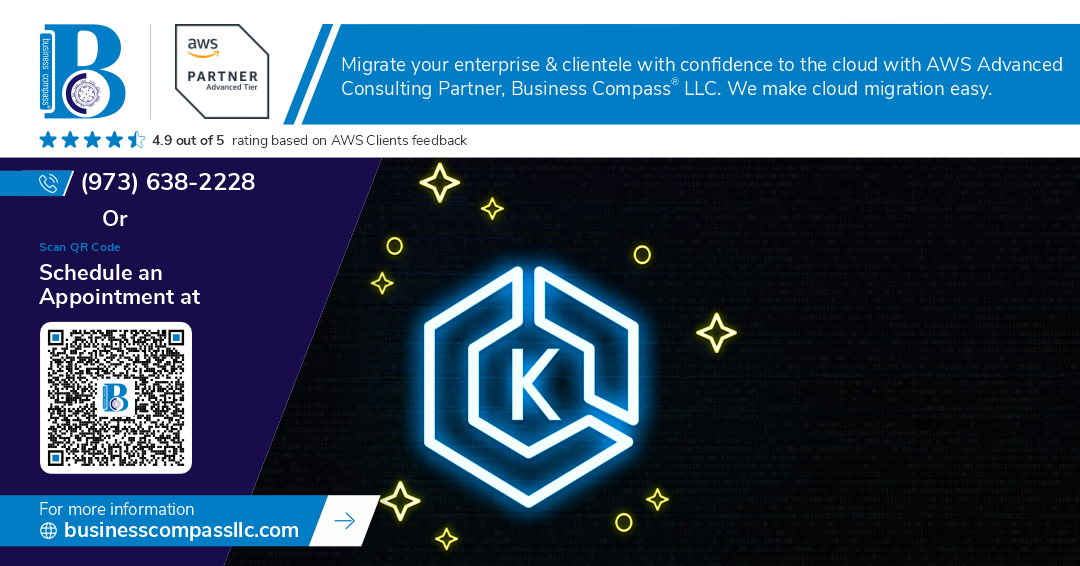Optimize Kubernetes Usage with Komiser: Real-Time Monitoring and Insights
As organizations increasingly adopt Kubernetes for managing containerized applications, keeping track of resource usage, costs, and overall infrastructure efficiency becomes more complex and critical. Enter Komiser, a powerful open-source cloud resource visibility and cost optimization tool that integrates seamlessly with Kubernetes. This article explores leveraging Komiser for Kubernetes to optimize cluster usage, enhance visibility, and make real-time, data-driven decisions.
What is Komiser?
Komiser is an open-source observability and optimization tool designed initially for cloud cost monitoring. With its expansion to Kubernetes, Komiser now helps developers and DevOps teams answer vital questions such as:
Which namespaces are consuming the most resources?
Are there underutilized pods or nodes?
How much does my Kubernetes cluster cost me?
What’s the real-time status of my workloads?
Komiser bridges the gap between resource consumption and cost efficiency by aggregating and visualizing data.
Setting Up Komiser with Kubernetes
Prerequisites:
A running Kubernetes cluster
kubectl is configured to interact with your cluster
Basic understanding of Helm (optional, but recommended)
Installation:
Download and install Komiser CLI:
curl -sL https://getkomiser.io | bash
Connect Komiser to your Kubernetes cluster:
komiser connect kubernetes
Deploy the Kubernetes agent:
You can use Helm for easy deployment:
helm repo add komiser https://helm.komiser.io
helm install komiser-agent komiser/agent
View your dashboard:
Once deployed, access your Komiser dashboard locally or through an ingress setup to visualize your cluster usage.
Real-Time Monitoring and Insights
Once configured, Komiser provides a holistic view of your Kubernetes cluster:
Resource Usage Breakdown:
CPU and memory consumption by namespace, node, and pod
Trends and historical usage data for proactive optimization
Cost Transparency:
Translate resource usage into cost per namespace or service.
Easily identify cost centers and opportunities for savings.
Intelligent Recommendations:
Detect underutilized pods and idle nodes
Get alerts on misconfigured workloads.
Namespace and Label-Based Filtering:
Drill down into resources based on teams, environments (e.g., dev, staging, prod), and specific applications using Kubernetes labels
Security and Governance
Komiser supports role-based access control (RBAC) to ensure sensitive usage and cost data is only visible to authorized personnel. Integration with identity providers (e.g., Okta, AWS IAM) enables secure, auditable access management.
Komiser + Cloud Providers
Komiser isn’t limited to Kubernetes—it also supports:
AWS, Azure, and Google Cloud for cost and resource management
Multi-cloud visibility from a single dashboard
This makes Komiser an ideal solution for hybrid or multi-cloud Kubernetes environments.
Why Use Komiser for Kubernetes?
Real-time observability without vendor lock-in
Cost allocation across teams, services, and environments
Proactive optimizations and better resource hygiene
Open-source flexibility and community-driven improvements

Comments
Post a Comment